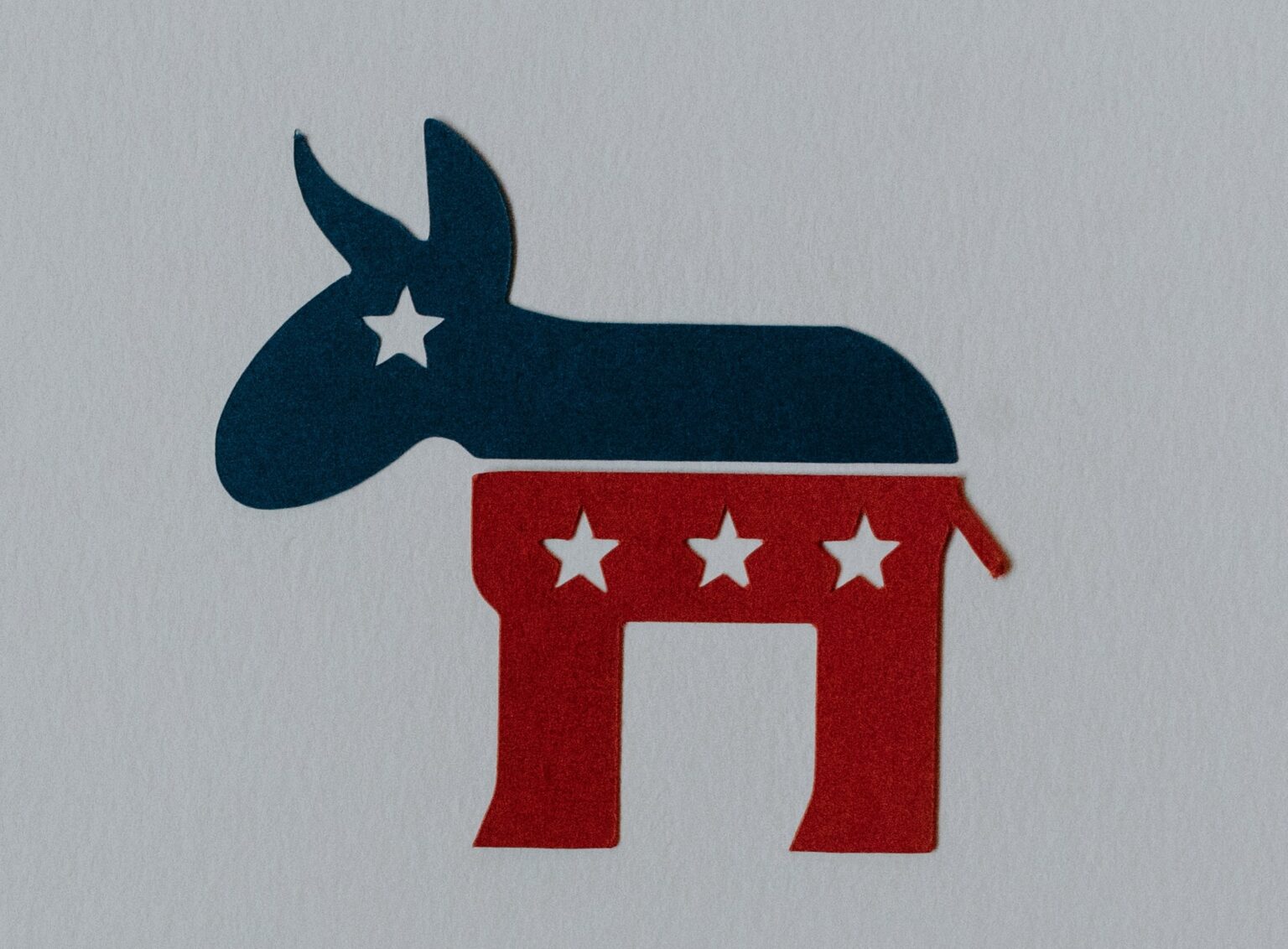A Democratic National Committee (DNC) panel voted Wednesday to give New Hampshire and Georgia more time to make changes allowing them to be part of an updated group of five states leading off the 2024 Presidential primary.
The DNC rules committee voted 25-0 to give the states time to extend the compliance deadline until June 3. Even so, New Hampshire is likely to put up a stink over the new calendar, as it costs the state its opportunity to hold the nation’s first primary.
The primary calendar shake-up was initiated after Iowa, whose caucuses have historically been the first contest in the Presidential primary season for both parties, suffered a fiasco in 2020 involving an untested app used to tabulate results led to significant delays and raised security concerns.
The DNC then asked President Biden to weigh in on a new calendar, and he recommended allowing South Carolina—that state that positioned him to go on to win the 2020 Presidential candidacy—arguing for its more racially diverse make-up over New Hampshire.
The DNC rules committee voted last month to approve the plan championed by Biden. It would replace Iowa of its first-out-of-the-gate position with South Carolina, which would open primary voting on February 3. New Hampshire and Nevada would hold primaries together three days later, with Georgia’s primary coming February 13 and Michigan’s two weeks later. Most of the rest of the country would subsequently vote on Super Tuesday in early March.
New Hampshire Democrats have pushed back, stating that their state has held the nation’s first Presidential primary for more than a century and that Iowa only preceded it because of its caucus format. In fact, New Hampshire state law mandates that it hold the nation’s first Presidential primary. They say changing it would require the support of members of the Republican state legislature and the state’s Republican Governor Chris Sununu, who oppose the motion.
The changes to the 2024 primary calendar are set to be formally approved by the full DNC at its meeting next week in Philadelphia.
Nevada and South Carolina have already agreed to comply with the new calendar’s requirements. In Michigan, moving the primary date requires an act of the Legislature. Democrats control both chambers in that state, but they would need Republican support to enact the change before the end of February 2024.
Georgia, like New Hampshire, is raising issues. In that state, Secretary of State Brad Raffensperger (R) sets the primary date, and he has indicated he’d only be willing to move it if the Republican National Committee pushes to change the date of its Georgia primary, which hasn’t happened.
The entire scuffle over the Democrats’ 2024 primary calendar might become moot if Biden opts to run for reelection. If that is the case, Democrats may have little desire to build a robust primary schedule that could allow a major challenger from his own party to run against the incumbent President.


